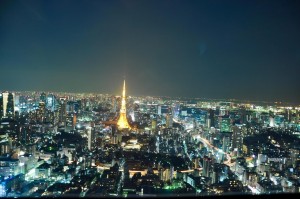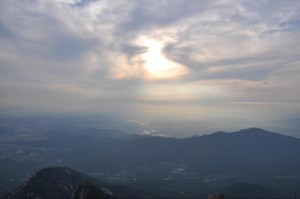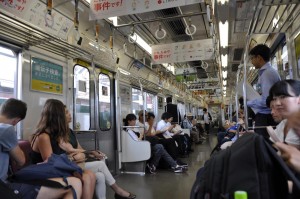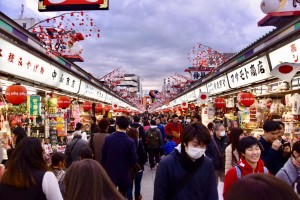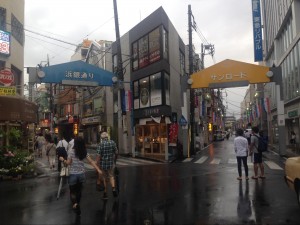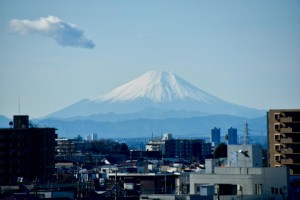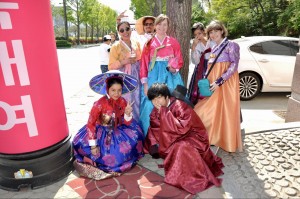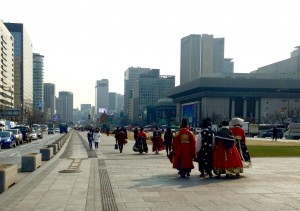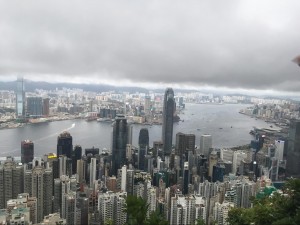By Victoria Noya Vargas
To provide some context, the 3 Campus East Asia programme consists of spending almost 6 months in Japan, 4 months in South Korea, and 2 in Hong Kong. We spent the first semester in Tokyo, the second in Seoul, and in Hong Kong we had a two-week intensive course, followed by a six-week internship- to call it “intense” is a severe understatement.
The first thing to get out of the way is what everybody tells you: that it is a magical, life-changing, formative year that you will cherish for the rest of your life. Which it is, albeit only partly (a good ¾). It is impossible to go through a full year of studying abroad without experiencing any “opportunities to overcome hurdles” (read: you will struggle and mess up).
I had never been to any of those countries before, so other than the preconceived notions I had collected from what people would tell me, or what I heard on the news, I had no idea what it would be like.
I arrived in Tokyo early in September, late at night. Having heard before that in Japan trains are super reliable, I thought it would all work out.
About half way into the trip, the train stops at an empty station. All the lights turn off, and carriage inspectors start running up and down the aisle. None of the other passengers seemed to be panicking, so I didn’t panic, although I was somewhat concerned.
My ticket to Musashikosugi (my intended stop), clearly marked that we would arrive at 10pm. At 9:59 we arrived at a stop and I wrongfully assumed it was mine. I hadn’t added the twenty minutes we spent stranded between Narita Airport and Tokyo, so I spent fifteen more minutes running around the station hauling an overweight suitcase frantically looking at any and every sign that could be written in English. I made it to the hotel a little past midnight, and I think this anecdote accurately describes the public transport system in Japan.
Once settled in the dorms, the university did a good job in helping students settle in. The international students were friendly and open and genuinely interesting people. On the academics side, although we were required to enrol in a minimum of seven modules and be at university almost every day (a friend of mine had lessons on Saturdays too), the workload was very reasonable and professors were kind to exchange students.
However, living in Japan for almost 6 months required some adjustment, in terms of culture differences and adapting to society. Japan is a very homogenous country, and general societal expectations are very rigid and powerfully respected. Even in its diverse-ish capital city, there is a very clear code of conduct, which we had to immerse ourselves in to not to become isolated and fall behind. We had to take a “Culture Difference” class which helped because it was with Japanese students who would explain the logic behind certain social understandings and expectations. I also took a module on Japanese Business and Society, which gave me more insight into social and business practices within Japanese culture.
A good example of the “new” logic we had to understand is the notion of “inemuri”, which basically means to fall asleep in public, be it in the tube, bus, at work or during a lecture. In fact, many of the Japanese students would place their heads on their desk during a lecture, so casually- as if that’s where their heads were supposed to go. This is because it is interpreted as them falling asleep because they are overworked, not because they are lazy. Another good example, is that unlike in our cultures, where one is responsible for one’s actions even when drunk, in Japan, minor issues caused by inebriation are very easily forgiven, with the understanding that while sober, those accidents would not have happened.
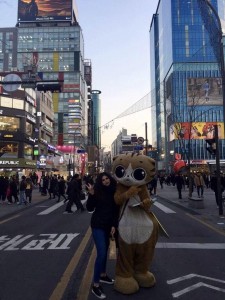 The classes we were required to take, along with continued interaction with Japanese students were very eye-opening and asked us to truly understand the cultural and historical roots of Japanese society’s expectations.
The classes we were required to take, along with continued interaction with Japanese students were very eye-opening and asked us to truly understand the cultural and historical roots of Japanese society’s expectations.
Expecting a similar situation in Korea, I prepared myself for a new cultural understanding. I learned in Seoul that Korean nightlife is just as intense as its academics, and Korean humour is as delectable as it’s food.
The challenges in Seoul were closer to home. Yonsei University had some very ambitious courses, of which we were required to take a minimum of six. The pressure and expectations of the professors meant we had to be ready to be picked on at any time, competition between students was acutely felt in the air, and the grade curves had everyone constantly fearing failure. That being said, the professors were easily the most interesting and hilarious I have ever had the pleasure to learn from (except DID, of course).
Not two days after Korea, HKU kept the momentum going -and then some- with demanding courses and a tough workload. Fulfilling the course requirements on top of our internship work really tested our tenacity, and our sanity.
During the 8 weeks in Hong Kong, I suddenly found myself juggling a total of 6000 words in essays, video editing, an endless excel spreadsheet, three days of working with disenfranchised HK youth, and a week of rice harvesting (I will never be able to look at rice the same way). I can confidently say I felt immersed in the Hong Kong lifestyle of stress.
I’ve come back to London with a new understanding of how incredibly diverse East Asia is; Japan being so rooted in tradition, moral values, and keeping harmony, Korea’s ambitious and politically engaged youth- so eager to better themselves and keep improving their condition, and Hong Kong, a truly international city, that beautifully maintains its Chinese heritage.
Reflecting on the whole year, thinking of myself a year ago, I could never have imagined that this would be the way it was, or that it would have had the effect it did. On a very personal note, after this year, I feel more myself than I have ever been, but at the same time I feel completely unlike myself. I think it has to do with being placed completely outside your comfort zone, for a prolonged period of time. Regardless, taking a year abroad is one of the best decisions one could make, and I highly recommend it.


